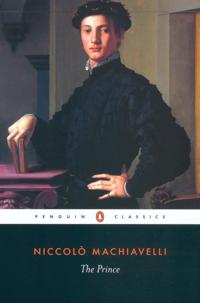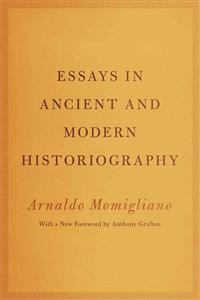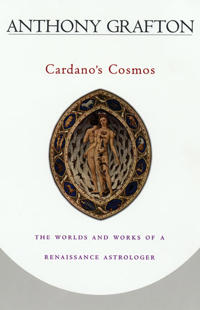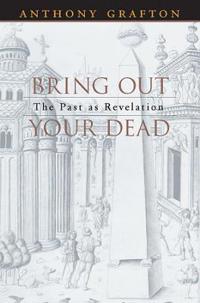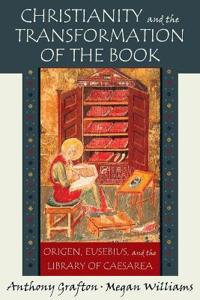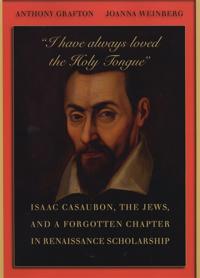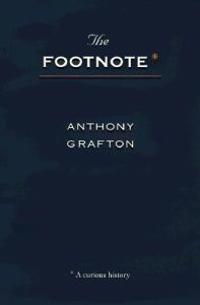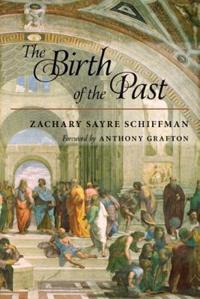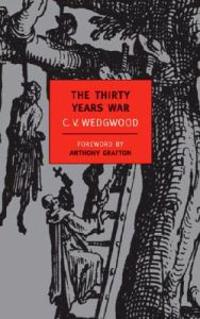The Prince (Pocket)
avNiccolo Machiavelli, George Anthony Bull, Anthony Grafton
ISBN: 9780140449150 - UTGIVEN: 200302"The Prince" shocked Europe on publication with its ruthless tactics for gaining absolute power and its abandonment of conventional morality. Niccolo Machiavelli (1469-1527) came to be regarded as some by an agent of the Devil and his name taken for the intriguer 'Machevill' of Jacobean tragedy. For[...]
Essays in Ancient and Modern Historiography (Häftad)
avArnaldo Momigliano, Anthony Grafton
ISBN: 9780226533858 - UTGIVEN: 2012-07Obelisk: A History (Övrig)
avBrian A. Curran, Anthony Grafton, Pamela O. Long, Benjamin Weiss
ISBN: 9780262512701 - UTGIVEN: 2009-04-03Nearly every empire worthy of the name--from ancient Rome to the United States--has sought an Egyptian obelisk to place in the center of a ceremonial space. Obelisks--giant standing stones, invented in Ancient Egypt as sacred objects--serve no practical purpose. For much of their history their inscr[...]
Cardano's Cosmos (Häftad)
avAnthony Grafton
ISBN: 9780674006706 - UTGIVEN: 200110Girolamo Cardano was a Italian doctor, natural philosopher, and mathematician who became a best-selling author in Renaissance Europe. He was also a leading astrologer of his day, whose predictions won him access to some of the most powerful people in 16th century Europe. In this book, the author inv[...]
Bring Out Your Dead (Häftad)
avAnthony Grafton
ISBN: 9780674015975 - UTGIVEN: 200410The work of the Renaissance humanists comes to life in Anthony Grafton's exploration of the primary sources and modern scholarship, classical and modern elements in the world of European letters from the fifteenth to the nineteenth century. Tracing the ties that bound the world of humanistic learnin[...]
Christianity and the Transformation of the Book (Häftad)
avAnthony Grafton, Megan Williams
ISBN: 9780674030480 - UTGIVEN: 200809When early Christians began to study the Bible, and to write their own history and that of the Jews whom they claimed to supersede, they used scholarly methods invented by the librarians and literary critics of Hellenistic Alexandria. But Origen and Eusebius, two scholars of late Roman Caesarea, pro[...]
I Have Always Loved the Holy Tongue (Inbunden)
avAnthony Grafton, Joanna Weinberg, Alastair Hamilton
ISBN: 9780674048409 - UTGIVEN: 201101Fusing high scholarship with high drama, Anthony Grafton and Joanna Weinberg uncover a secret and extraordinary aspect of a legendary Renaissance scholar's already celebrated achievement. The French Protestant Isaac Casaubon (1559-1614) is known to us through his pedantic namesake in George Eliot's [...]
The Footnote: A Curious History (Häftad)
avAnthony Grafton
ISBN: 9780674307605 - UTGIVEN: 199904The weapon of pedants, the scourge of undergraduates, the bete noire of the "new" liberated scholar: the lowly footnote, long the refuge of the minor and the marginal, emerges in this book as a singular resource, with a surprising history that says volumes about the evolution of modern scholarship. [...]
The Birth of the Past (Inbunden)
avZachary Sayre Schiffman, Anthony Grafton, Zachary Sayre Schiffman
ISBN: 9781421402789 - UTGIVEN: 201109How did people learn to distinguish between past and present? How did they come to see the past as existing in its own distinctive context? Zachary Sayre Schiffman explores these questions in his sweeping survey of historical thinking in the Western world. Today we automatically distinguish between[...]
The Thirty Years War (Häftad)
avC. V. Wedgwood, Anthony Grafton, Paul Kennedy
ISBN: 9781590171462 - UTGIVEN: 200506Europe in 1618 was divided between Protestants and Catholics, and Bourbon and Hapsburg - as well as empires, kingdoms, and countless independent states. After angry Protestants tossed three representatives of the Holy Roman Empire out the window of the royal castle in Prague, world war spread from B[...]

